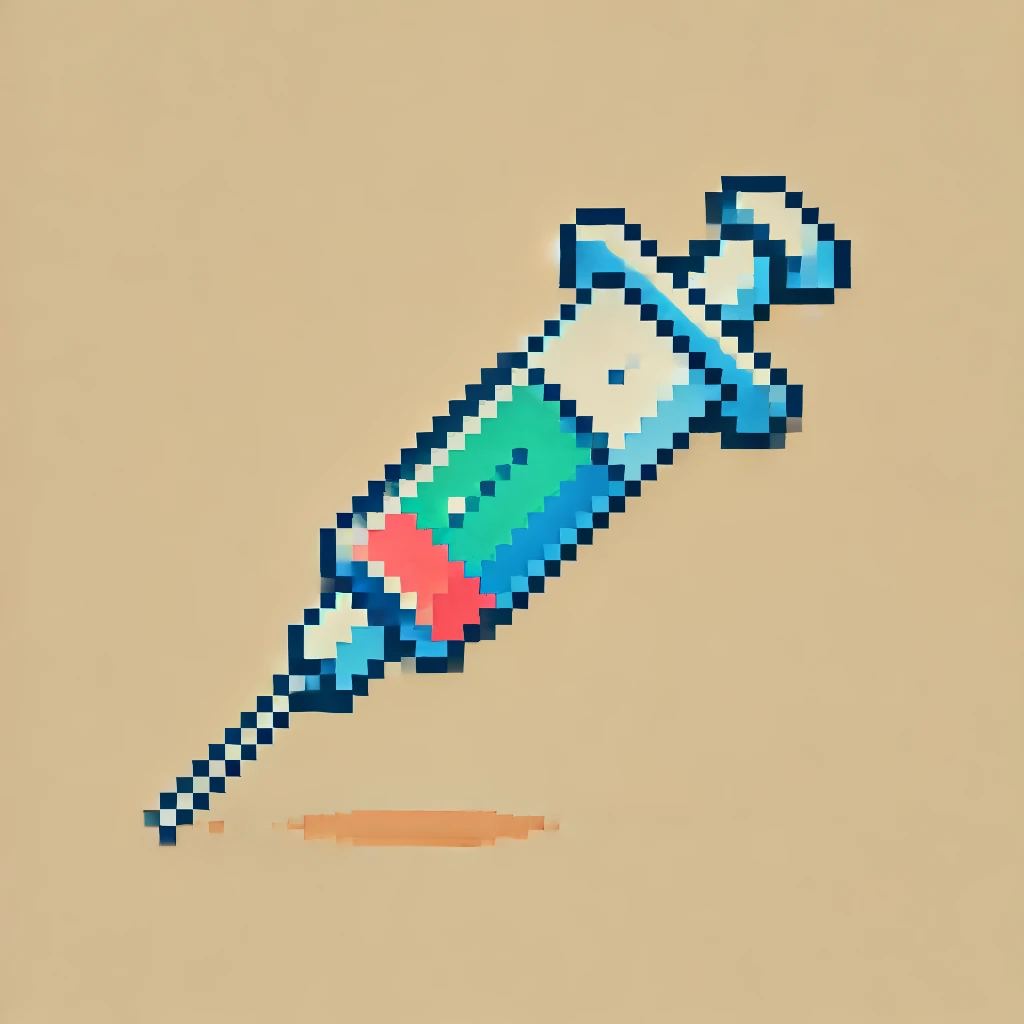
Promising Treatment for Monkey Pox
Monkey Pox (Mpox) is a disease caused by the mpox virus, a close relative of the smallpox virus. Although less deadly than smallpox, mpox can still cause serious health issues and even death. The virus has been known since the 1970s and has primarily affected Central and West Africa, but outbreaks have occurred globally, including the United States. With a recent death in South Africa, it’s worth looking over what treatments are available.
Mpox spreads through close contact with infected animals or humans and can be transmitted through respiratory droplets, skin lesions, and contaminated objects. Symptoms include fever, swollen lymph nodes, and a distinctive rash that progresses from flat red spots to blisters and scabs.
Given the potential severity of mpox, finding effective treatments is crucial. This blog explores three antiviral drugs that show promise in treating mpox: cidofovir, brincidofovir, and tecovirimat.
The Trio of Hope: Cidofovir, Brincidofovir, and Tecovirimat
Cidofovir: A Versatile Antiviral
Cidofovir, also known by its brand name Vistide, is an antiviral drug initially approved to treat a type of eye infection in AIDS patients. It works by inhibiting DNA replication, making it effective against a broad range of DNA viruses, including mpox.
How It Works: Cidofovir is a prodrug, meaning it becomes active once inside the body. It transforms into a compound that integrates into viral DNA, blocking its replication and slowing the virus’s spread.
Effectiveness: Studies in animals have shown that cidofovir can prevent death and reduce virus levels when administered soon after infection. However, its effectiveness diminishes if given too late.
Drawbacks: The main concern with cidofovir is its potential to cause kidney damage. This risk can be managed with proper hydration and additional medications that protect the kidneys.
Brincidofovir: The Improved Version
Brincidofovir (brand name Tembexa) is a newer version of cidofovir designed to be less toxic to the kidneys. It is taken orally, making it more convenient than cidofovir, which requires intravenous administration.
How It Works: Once inside the body, brincidofovir is converted into cidofovir, which then exerts its antiviral effects. It has a broader reach within the body, achieving higher concentrations in critical organs without the same level of kidney toxicity.
Effectiveness: Animal studies have shown brincidofovir to be highly effective in treating mpox, particularly when given early in the infection. It significantly reduces viral loads and improves survival rates.
Drawbacks: The primary side effects include gastrointestinal issues like nausea and diarrhea, and some liver toxicity, which can limit its use in certain patients.
Tecovirimat: The Targeted Option
Tecovirimat (brand name TPOXX) is specifically designed to combat orthopoxviruses, including mpox and smallpox. It is unique because it targets a specific viral protein essential for the virus’s spread within the body.
How It Works: Tecovirimat blocks the production of a protein necessary for the virus to form infectious particles that can travel between cells. This disruption prevents the virus from spreading and allows the immune system to clear the infection more effectively.
Effectiveness: In animal models, tecovirimat has shown remarkable success, even when administered days after infection. It reduces the severity of the disease and prevents death in most cases.
Drawbacks: Tecovirimat is generally well-tolerated, with few reported side effects. However, it should be taken with food to improve absorption and may require careful monitoring in patients with kidney issues.
Why This Research Matters
The development and approval of these antivirals represent significant progress in the fight against mpox. With the potential for global outbreaks and the serious health risks posed by the virus, having effective treatments is crucial.
Public Health Impact
- Reducing Mortality: These antivirals can significantly lower death rates in mpox outbreaks, especially among vulnerable populations like the immunocompromised, children, and the elderly.
- Preventing Severe Illness: By reducing the viral load, these drugs can prevent severe complications, including secondary infections and long-term health issues.
- Improving Response to Outbreaks: With effective treatments, health authorities can better manage and contain mpox outbreaks, minimizing their impact on public health systems.
What do you think?
- Have you or someone you know been affected by a viral outbreak (like mpox or smallpox)? How did it impact your view on the importance of antiviral treatments?
- What are your thoughts on the balance between the benefits and potential side effects of new antiviral drugs?
Stay Ahead – Get Your Weekly Public Health Update!
Be a health leader! Subscribe for free and share this blog to shape the future of public health.



